rootyme
Adept
Segment 1: It's good
i) This study from 2019 clearly suggests, "Intermittent Fasting can the reduced risk of developing cardiovascular diseases."
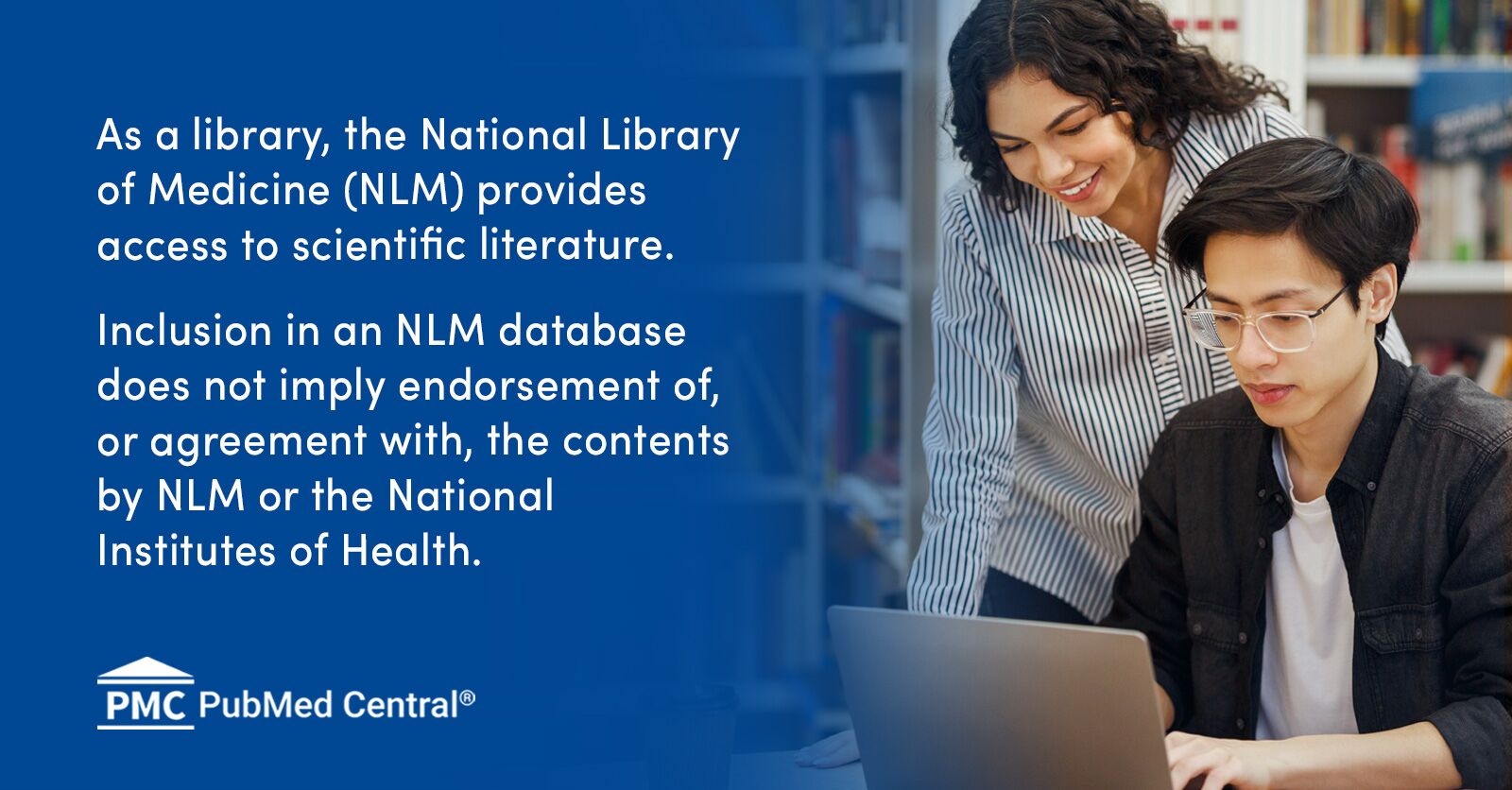
 www.ncbi.nlm.nih.gov
www.ncbi.nlm.nih.gov

ii) Another study from 2020 suggests, "Intermittent fasting has been associated with improved outcome after a cardiac event."
https://www.ncbi.nlm.nih.gov/pmc/articles/PMC7415631/

Segment 2: It's catastrophic. It kills you.
i) 8-hour time-restricted eating linked to a 91% higher risk of cardiovascular "death".
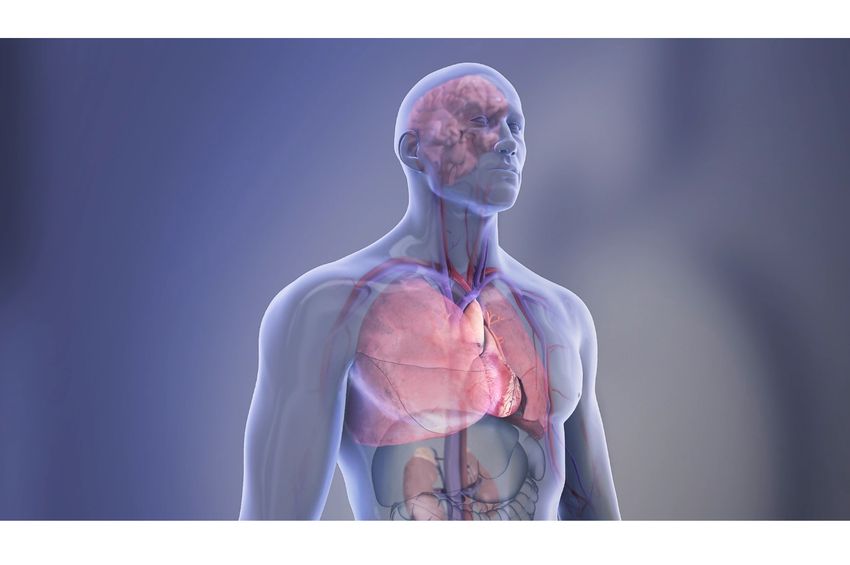
 newsroom.heart.org
newsroom.heart.org
ii) Among people already living with heart diseases, intermittent fasting increased the risk of death due to heart disease and stroke by 66%. -
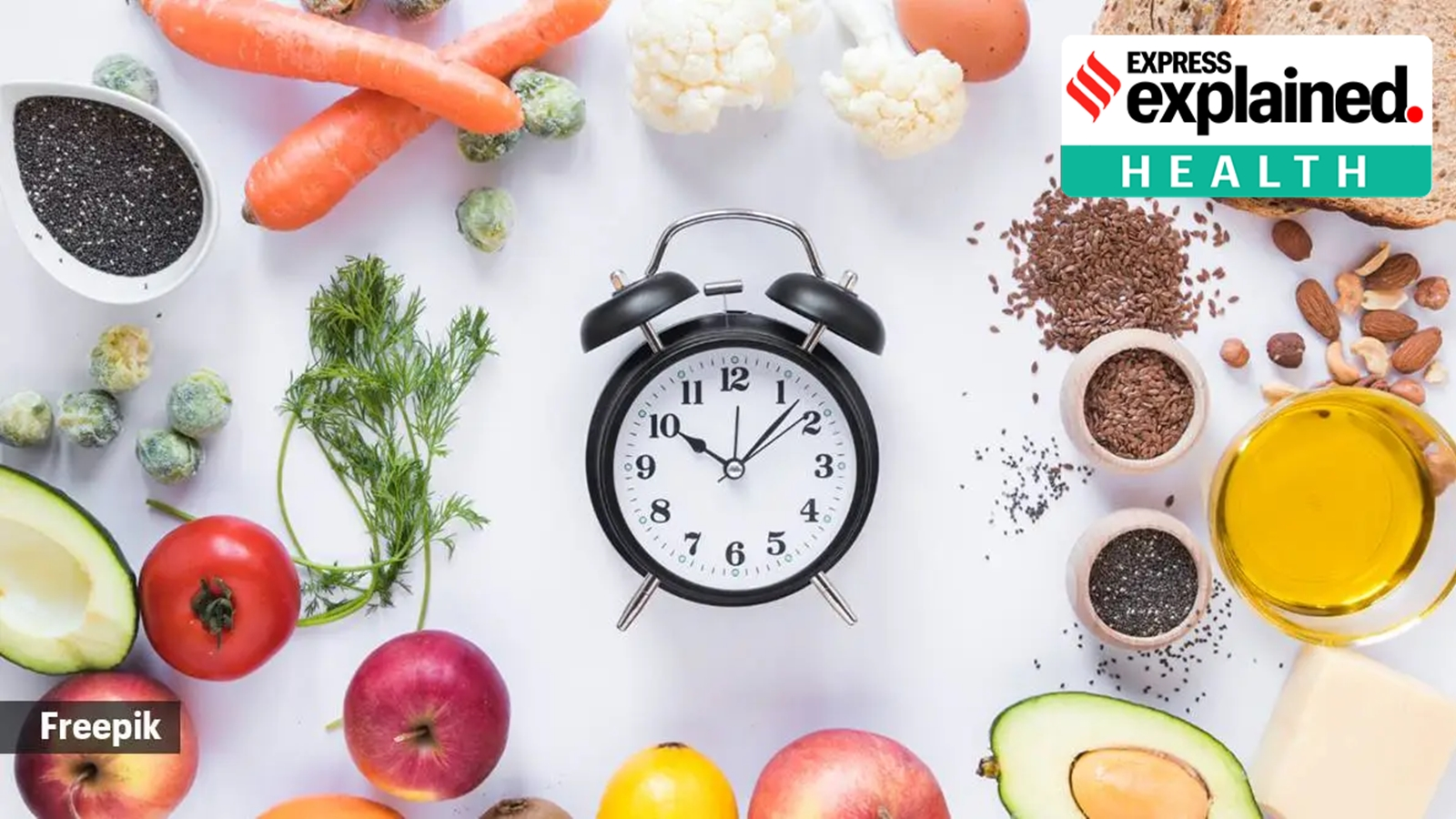
 indianexpress.com
indianexpress.com

iii) 'We were surprised': Intermittent fasting flagged as serious health risk.

Segment 3: It is not dangerous and is being blown out of proportion.
i) [Written by a Science Journalist] A study says intermittent fasting is making people drop dead. Oh, come on:
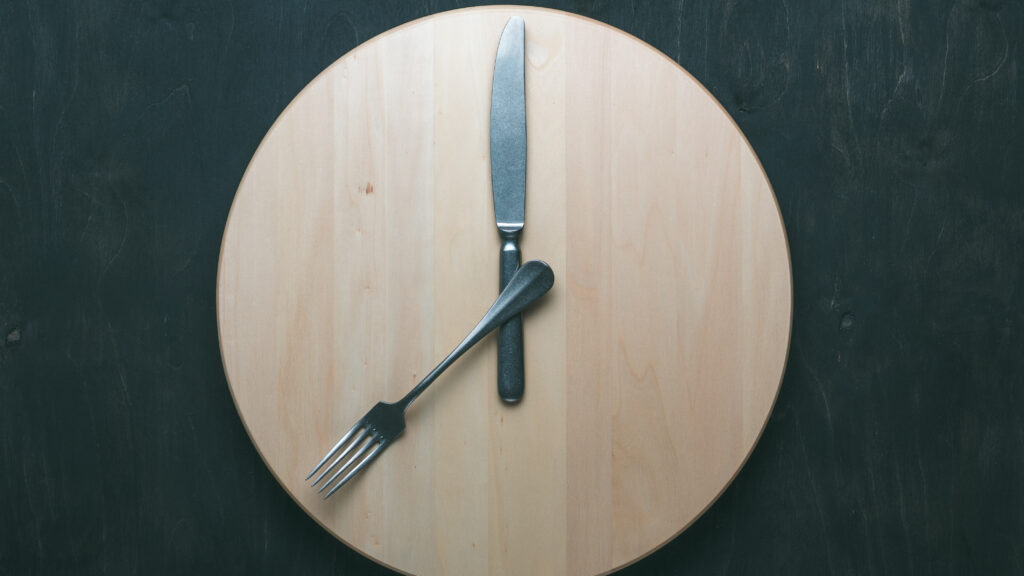
 www.statnews.com
www.statnews.com

ii) Research on intermittent fasting is mixed. Some studies say it is good. Some say it is not.
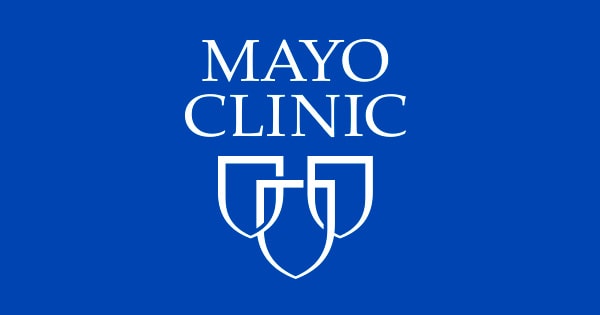
 www.mayoclinic.org
www.mayoclinic.org

Who to believe then?
i) This study from 2019 clearly suggests, "Intermittent Fasting can the reduced risk of developing cardiovascular diseases."

Intermittent Fasting in Cardiovascular Disorders—An Overview
Intermittent fasting is a form of time restricted eating (typically 16 h fasting and 8 h eating), which has gained popularity in recent years and shows promise as a possible new paradigm in the approach to weight loss and the reduction of inflammation, ...
ii) Another study from 2020 suggests, "Intermittent fasting has been associated with improved outcome after a cardiac event."
https://www.ncbi.nlm.nih.gov/pmc/articles/PMC7415631/
Segment 2: It's catastrophic. It kills you.
i) 8-hour time-restricted eating linked to a 91% higher risk of cardiovascular "death".

8-hour time-restricted eating linked to a 91% higher risk of cardiovascular death
03/19/24 Editor’s note: The research authors have shared their full poster presentation for updated details about their research abstract. Please see the digital file attached, in the right hand column for these details. The most current statistics, ...
ii) Among people already living with heart diseases, intermittent fasting increased the risk of death due to heart disease and stroke by 66%. -

Can intermittent fasting worsen heart health? What a new study says
Findings from the study were presented recently at an international conference.
iii) 'We were surprised': Intermittent fasting flagged as serious health risk.
- Intermittent fasting did not decrease the overall risk of death from any cause.
- For those living with cancer, an eating duration of 16 hours per day or more "lowered" the risk of cancer mortality.

'We were surprised': Intermittent fasting flagged as serious health risk
Adults following an eight-hour time-restricted eating schedule have a 91% higher chance of death by cardiovascular disease than those eating within the usual timeframe of 12-16 hours per day, a new study has found.
www.usatoday.com
Segment 3: It is not dangerous and is being blown out of proportion.
i) [Written by a Science Journalist] A study says intermittent fasting is making people drop dead. Oh, come on:

A study says intermittent fasting is making people drop dead. Oh, come on
The news is everywhere today: Intermittent fasting can apparently be lethal, scientific research says. Except it doesn't.
ii) Research on intermittent fasting is mixed. Some studies say it is good. Some say it is not.

Wondering about fasting and heart health?
Periodically following a fasting diet may have heart-health benefits. Find out more.
Who to believe then?


